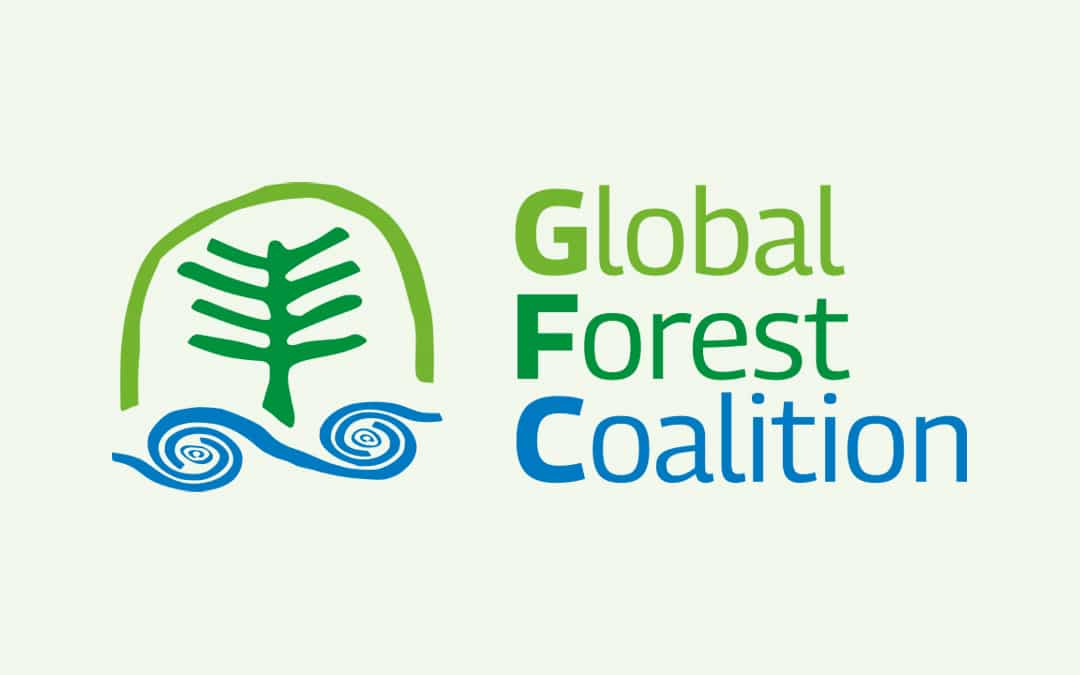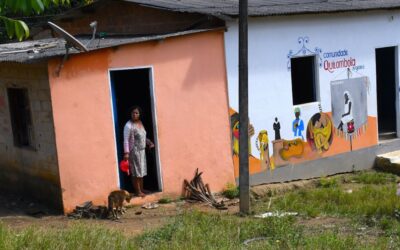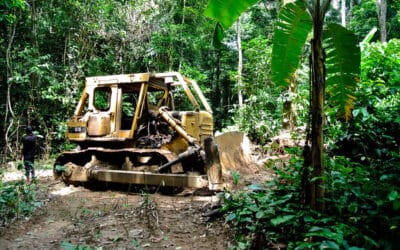Following a side event at Bonn SB60, GFC’s Kwami Kponzo was quoted in South Korean media along with other allies who spoke at the event which brought a spotlight on the climate justice issues around biomass power generation.
The industry is criticised for its massive carbon emissions and indiscriminate deforestation, and GFC along with allies from the Biomass Action Network raised climate justice concerns about shifting greenhouse gas emissions from developed to developing countries. Kpondzo said:
The current climate change negotiations, which promote biomass as green, are leading to the expansion of the biomass industry into Africa. The establishment of monoculture plantations to produce wood for biomass destroys existing natural forests and biodiversity, while also taking land from indigenous peoples and causing air and water pollution.
The claim that biomass power, with its massive carbon emissions, will help solve the climate crisis is a dangerous idea, and the expansion of biomass, especially in Africa, will lead to the destruction of local communities. (Kwami Kpondzo)
Read the full articles here:




